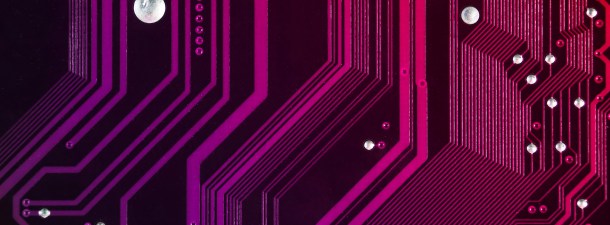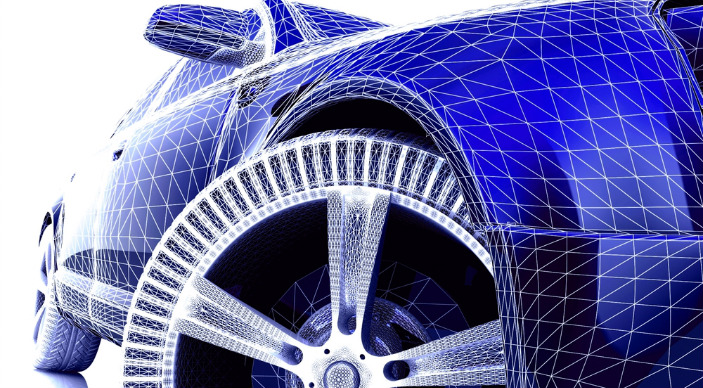By Mark Meghezzi (@meghezzi), graduate at O2 UK
In 1998, fresh-faced MIT mogul Nicholas Negroponte proclaimed that “the digital revolution is over”. 7bn laptop PCs, 100bn app downloads, a multi-trillion dollar tech industry and the growing role of digital in our daily lives would appear to prove otherwise, but dig a little deeper and we find an ever bigger question as to the very essence of this so-called revolution.
Whilst Forbes thinks that ‘The Digital Revolution hasn’t started’, HBR tell us it has ‘passed us by’ and our digital economy remains resolutely volatile.
Let’s rewind to 2000. Computers were getting smaller, the internet was getting faster, computer automation was the industrial revolution of today, and we were truly fascinated by the untold treasures of the World Wide Web. All the while, we were told that we stood on the precipice of a Brave New World – the dot.com boom would change the way we worked, lived and played beyond recognition and for the better, forever. Sound familiar?
For those requiring a refresher, the dot.com bubble burst in spectacular fashion. A trillion dollars of technical development crashed into a mountain of user indifference, and tech entered a depression. For the thousands of developers, entrepreneurs and self-proclaimed trailblazers left jobless, the failure was that of the consumer. The consumer had failed to embrace this wonderful, revolutionary thing. The consumer had failed to adapt to the new world. The consumer had failed themselves.
Or had they?
The chips had gotten smarter, the Intel became more intelligent, the mobile phone more mobile and the visuals more, well, visual. What hadn’t been accounted for was the one part of this ecosystem that hadn’t got any smaller, smarter or faster – and indeed couldn’t. The human brain.
This human brain that we constantly present with more complex, less useful, pieces of information whilst our ability to decipher and understand these pieces of technology remains stagnant. The malaise of 2000 ensued because the gulf between what the technology had the capability to do and what the consumer could make it do was nothing short of a chasm. When the technology is smarter than the people, the technology is not smart at all. A failure of the provider – not the consumer.
Maybe Negroponte was right after all. The digital revolution is over. It’s over unless we can bring the people and the technology on the journey together. Regardless of how far we believe we have come on this revolution, there can be no upward trajectory or acceleration unless we bring the customer with us. If the customer doesn’t feel empowered by the technology, or connected to the things that matter to them, this digital revolution becomes a digital disillusion.
History has a funny habit of repeating itself. If we as providers cannot offer the personal, friendly, helpful guidance which customers absolutely require when navigating this Brave New World, we might just find ourselves inspecting the carcass of the Digital Revolution. We’d be in good company.









